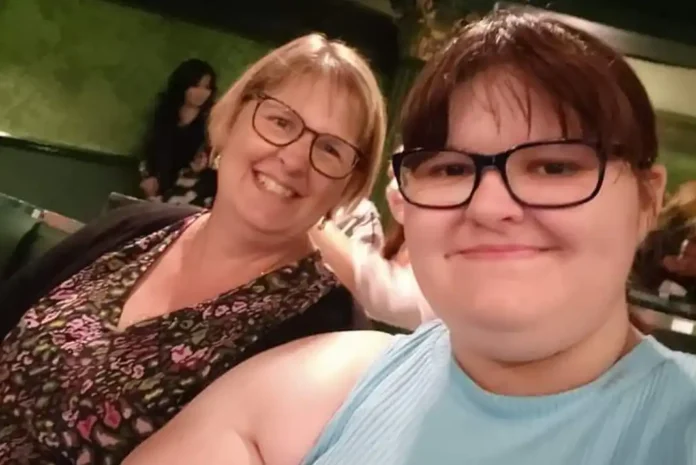A Mapperley woman probably “would not have died” if correct risk assessments had been made by mental health teams, an inquest has heard.
Sophie Towle collapsed in cardiac arrest while she was a patient at Sherwood Oaks mental health hospital as a result of a blood clot in her lung on May 27, 2024, aged just 22.
Two weeks earlier, in a form of self-harm, she had inserted a pen into a pre-existing open wound on her left leg and went to hospital three times in the incident’s aftermath.
But ultimately she was not assessed as being in danger of developing a blood clot, despite factors that should have rung alarm bells that she was a high-risk patient, intensive care doctor Jasmeet Soar told the inquest at Nottingham Coroners Court.
The lack of this assessment “more than minimally” contributed to her death, Dr Soar said during the first day of proceedings at Nottingham Council House on Monday, October 6.


But the surgery did not take place
Sophie, from Mapperley, had been in and out of mental health facilities since 2021, had a history of self-harm, and at the time of her death, was sectioned at Sherwood Oaks Hospital in Mansfield.
Sophie and her family had serious concerns about her transfer from a mental health facility in Doncaster back to Sherwood Oaks, run by Nottinghamshire Healthcare NHS Foundation Trust.
On May 12, 2024, just over two weeks after she had been moved back to Nottinghamshire against her will and while she was on one-to-one observations, Sophie stuck the broken end of a ballpoint pen into a wound in her calf, just below her knee.
The following day, in severe pain, she went to A&E at King’s Mill Hospital in Mansfield, and was booked in the next day for a surgery to take the pen out.
But the surgery did not take place because doctors considered that the risks of removing it outweighed the benefits.
These risks were related to the difficulty of getting to the pen, the risk of her reinserting a foreign body into the wound, and her BMI of 49, which made her severely obese and meant anaesthetising her was a bigger risk than for someone with a healthy BMI.
She was sent back to Sherwood Oaks instead with a crutch to help with her mobility, as the pain meant she was unable to walk unaided.
Over the next five days the wound developed an infection, and she returned to King’s Mill for a third time on May 19.
She was offered antibiotics, which cleared the infection, and she was sent again back to Sherwood Oaks without being admitted to hospital.
But over the next few days, she began to complain of chest pains and shortness of breath.
On May 27, she suffered a number of seizures and eventually went into cardiac arrest that evening and was later pronounced dead.
The inquest heard she had suffered a massive pulmonary embolism – a blood clot in the lungs – resulting from blood clots in her legs which had travelled up her bloodstream.
Dr Soar said that if she had been admitted to King’s Mill, Sophie would have been automatically subject to assessments that would’ve scored her at a high enough risk level to be treated with prophylaxis medication to prevent clots from happening.
But the inquest was told she only ever visited A&E and did not become an inpatient.
Dr Soar added that Sherwood Oaks, as her primary care giver, should have risk assessed her themselves in the circumstances.
Her weight and immobility were factors that should have been noticed by staff.
He said: “There was an oversight on her blood clot risk. I think she should’ve had a risk assessment due to her immobility. If she had, on the balance of probabilities, she would not have died.”
The inquest continues.





RIP Sophie